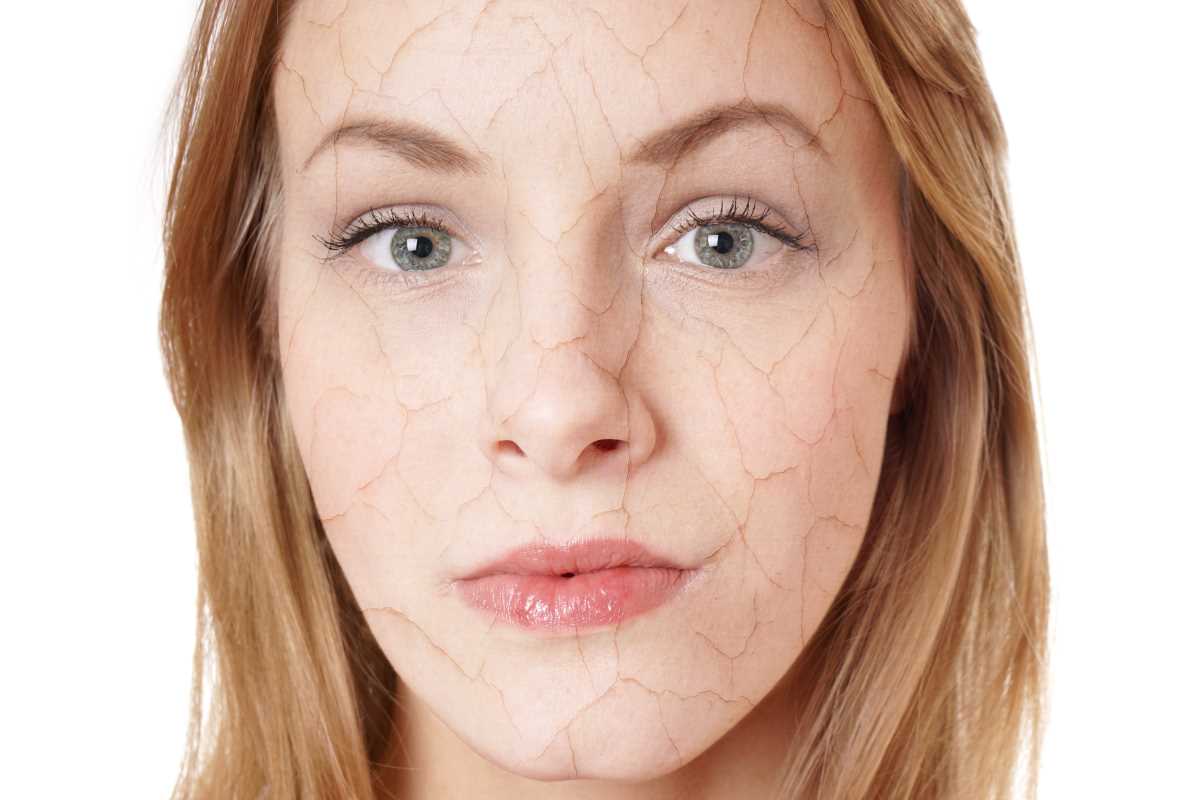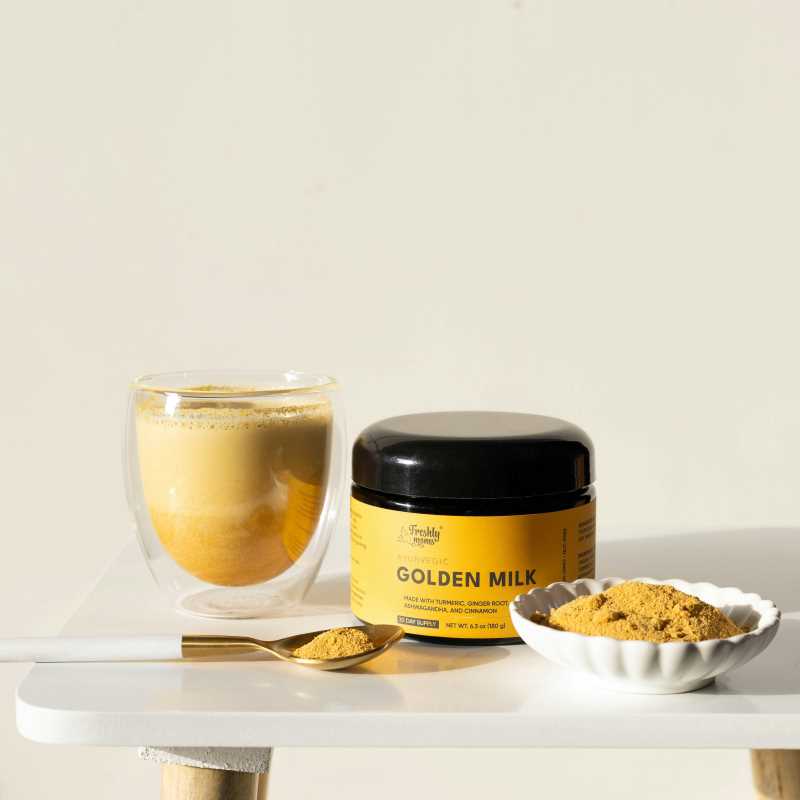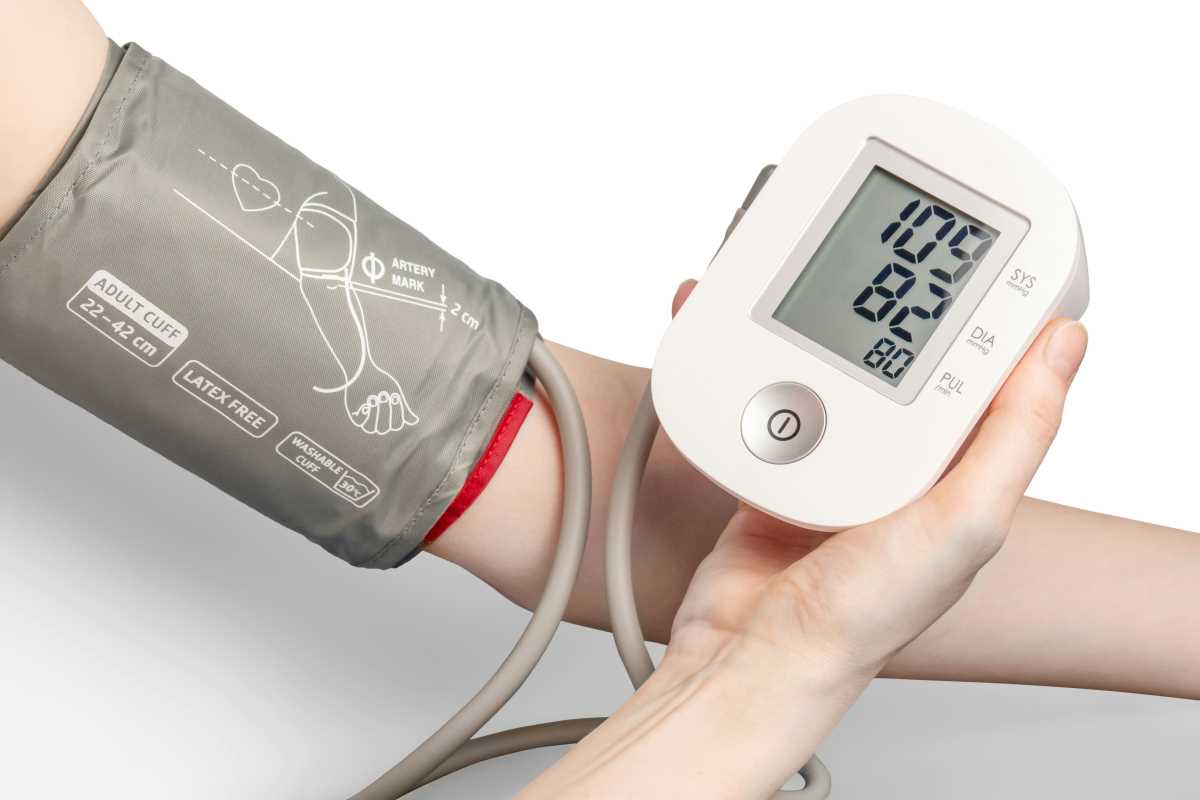Living with eczema or psoriasis can feel like a never-ending balancing act. Between managing flare-ups and avoiding irritants, keeping your skin healthy often means becoming your own skin care scientist. The good news? Developing a few consistent habits can significantly reduce discomfort while boosting skin health. Here’s a run-through of habits that can make a difference for those dealing with eczema and psoriasis, helping you reclaim comfort and confidence.
Hydrating Skin with Consistent Moisturizing
If you have eczema or psoriasis, your skin’s defense barrier is like a cracked shield, it struggles to keep moisture in and irritants out. That’s why moisturizing isn’t just helpful; it’s your first line of defense. A good moisturizer traps water in your skin and protects it from drying out, which can help reduce flare-ups and itching.
The best time to moisturize is right after bathing, when your skin is still damp. This locks in hydration and soothes the dryness that often accompanies these conditions. Pick products that are fragrance-free and labeled for sensitive skin to avoid triggering irritation. Look for ingredients like ceramides, hyaluronic acid, and glycerin, which are hydration heroes. If you’re managing psoriasis, a thicker ointment may be your best bet, as it creates a strong barrier against external aggressors.
Keep a moisturizer handy, whether at your desk, bedside, or even in your bag. Consistently applying it throughout the day can prevent those “why does my skin feel like sandpaper?” moments. And yes, it’s tedious, but trust us, your future self (and skin) will thank you for the effort.
Steering Clear of Skin-Aggravating Triggers
Triggers are like uninvited party crashers for those with eczema and psoriasis; one wrong move, and they’re in, ready to spark an inflammatory response. The challenge is figuring out what sets your skin off. But once you know your triggers, avoiding them can significantly reduce the frequency and severity of flares.
For eczema, common culprits include fragranced skincare products, rough fabrics like wool, and exposure to allergens such as pollen or pet dander. Psoriasis triggers, meanwhile, often relate to environmental or internal factors, like stress, smoking, and harsh weather changes. The trick is to be observant. Paying attention to your environment and habits will help you identify what’s causing issues.
Here are a few everyday strategies to minimize trigger exposure:
- Swap scented laundry detergents for hypoallergenic or fragrance-free options.
- Wear clothing made of soft, breathable fabrics like cotton or bamboo.
- Avoid hot, steamy showers, as they can dry your skin even further.
- Use humidifiers to combat dry indoor air, especially in winter.
By tailoring your environment to support your skin’s needs, you’re creating a space for calm, not chaos, on your skin’s surface.
Cleansing Gently, Always
Aggressive cleansing might feel satisfying, but it’s the equivalent of taking sandpaper to an already fragile surface. If you’ve got eczema or psoriasis, you’ll want to treat your skin like delicate porcelain. A gentle cleansing routine keeps you clean without stripping your skin of the natural oils it desperately needs to stay hydrated.
Start by choosing a mild, soap-free cleanser designed for sensitive skin. These cleansers won’t foam as much, but that’s intentional! Less foam equals less irritation. Aim for lukewarm water instead of hot baths or showers, as heat can aggravate dryness and itching. Pat your skin dry with a soft towel post-cleanse, leaving it slightly damp to prep for moisturizing.
If you have psoriasis, cleansing can also be a chance to prep your skin for topical treatments. By removing scales gently, you create a clean slate for medicated creams to penetrate effectively. But remember, “gentle” is the key word here. Scrubbing or exfoliating aggressively might set off a flare, making your skin angrier rather than soothed.
Managing Stress for Happier Skin
Stress and your skin love to communicate, just not in the way you want them to. For people with eczema and psoriasis, stress can act as a megaphone for flare-ups, amplifying symptoms almost overnight. Understanding the mind-skin connection and tackling stress head-on can make a world of difference.
Why does this happen? Stress triggers the release of cortisol, your body’s stress hormone, which fuels inflammation. For eczema, this means intensified itchiness and redness. For psoriasis, it can worsen plaque buildup. Breaking this cycle requires introducing calming practices into your routine, giving your body and skin a chance to breathe
Long walks, yoga, meditation, or deep-breathing exercises can lower cortisol levels, restoring that elusive sense of calm.
Here are actionable ways to keep your stress levels in check:
- Set boundaries around work to avoid burnout.
- Make time for hobbies that genuinely relax you, whether it’s painting or cooking.
- Incorporate 10 minutes of mindfulness meditation into your day.
- Engage in regular physical activity like walking, which also boosts mood.
- Don’t be afraid to reach for social support, whether online or in person.
Keeping stress levels low may feel like a tough ask in today’s fast-paced world, but even small changes can make a big impact on both your well-being and your skin.
Nourishing Skin from Within with Diet Changes
What you put on your plate matters as much as what you put on your skin. While there’s no one-size-fits-all diet for eczema or psoriasis, certain food habits can minimize inflammation and promote healing from within.
For both conditions, focusing on an anti-inflammatory diet is a great place to start. Omega-3 fatty acids, found in salmon, walnuts, and flaxseeds, are fantastic for calming inflammation. Adding colorful fruits and vegetables to your meals introduces antioxidants, which help combat oxidative stress in your body. Foods rich in zinc, like chickpeas or pumpkin seeds, are also skin-friendly and promote repair.
On the flip side, there are foods you might want to limit. Processed foods, sugary snacks, and excessive alcohol can all contribute to inflammation, potentially worsening symptoms. If you suspect food sensitivities, such as dairy or gluten, consider an elimination diet under the guidance of a healthcare professional to pinpoint what’s bothering your skin.
Building a balanced, skin-friendly diet doesn’t have to feel restrictive. Think of it as discovering new ways to nourish your body while giving your skin the care it deserves.
 (Image via
(Image via





